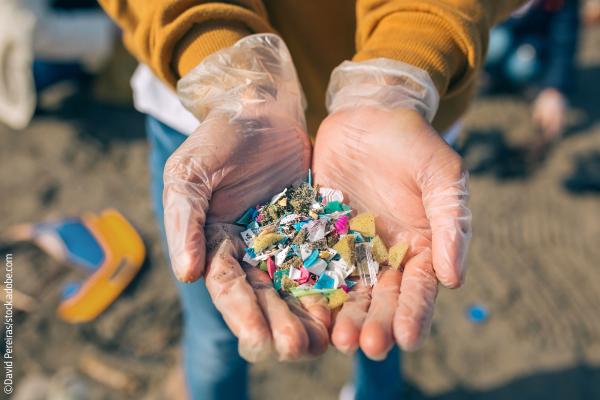Filter by
News (661)
RSS
Biharugrai Halgazdaság, located in Hungary’s Southern Great Plains, has revitalised its historic fishpond system with European Maritime and Fisheries Fund (EMFF) investments. As Hungary’s second-largest fishpond system operator, the company combines ecological sustainability with economic growth.

Today, the European Commission published a questionnaire seeking feedback from the public on the sustainability of the EU’s autonomous tariff quotas (ATQs) for import of fisheries products.

The Commission welcomes the provisional agreement reached last night between the European Parliament and the Council on the Commission's proposal to regulate and prevent microplastic pollution from plastic pellets, across the value chain, including during transport, notably at sea.

Tackling the skills and labour gaps to improve people’s careers and economic competitiveness is one of the top priorities of the European Union.

What do young people want for the future of our ocean? That’s what we asked 15 young people from across Europe as part of the first Youth Policy Dialogue of Commissioner for Fisheries and Oceans, Costas Kadis.

Young offenders often lack opportunities to develop skills, increasing their risk of reoffending. The Turning Blue project aims to change that by providing education and training in the blue economy - jobs linked to the ocean.

Tomorrow, Commissioner for Fisheries and Oceans Costas Kadis will host an event to launch an EU-wide aquaculture campaign.

RanMarine, a Dutch startup, offers innovative solutions to fight water pollution. It has developed autonomous water-cleaning devices that not only effectively remove plastic waste but also address other major environmental challenges such as oil pollution and harmful algae blooms.

From 3 to 7 March , Brussels became the hub of ocean action as the European Ocean Days brought together researchers, policymakers, youth and industry leaders to discuss how to preserve Europe’s marine ecosystems and boost its blue economy.

The Bathing Water Directive and Marine Strategy Framework Directive have been assessed to measure their current achievements and identify any potential for simplification.
